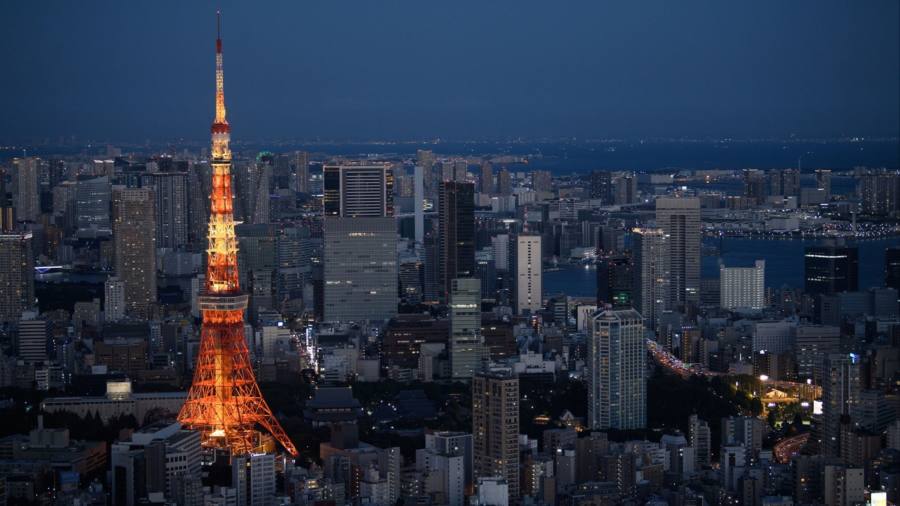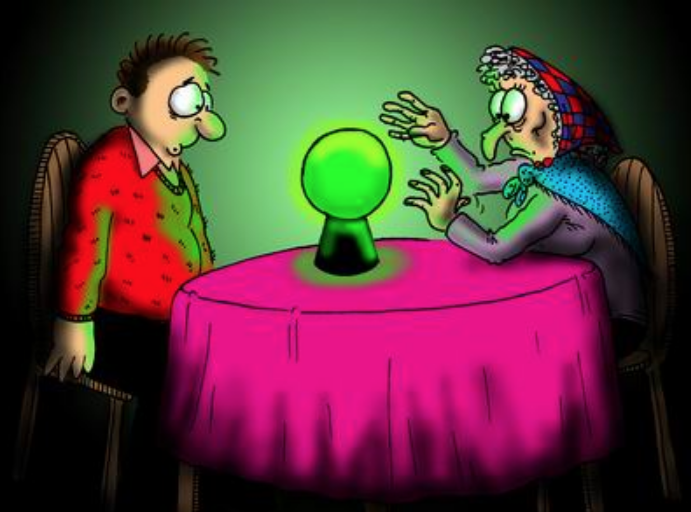Human dignity entails certain fundamental, inalienable rights that are designated by a legal regime rather than being granted by a constitution or a law. Freedom of speech and expression, as guaranteed under Article 19(1)(a) of the Indian Constitution, has been recognised as a cornerstone right, which is essential to the realisation of individual liberty and the advancement of democracy. The recent ruling by the Supreme Court (SC) to throw out a criminal case against a Kashmiri professor employed by a college in Kolhapur, Maharashtra for writing in a private WhatsApp group that the repeal of Article 370 was a “black day” and wishing Pakistan a “Happy Independence Day” is a powerful reminder of this fundamental tenet of democracy.

Authored by justice Abhay S Oka, the judgment was emphatic that if every criticism or protest of the actions of the State is to be held as an offence under Section 153A, “democracy, which is an essential feature of the Constitution of India, will not survive”. Section 153A deals with the offence of promoting disharmony, enmity or feelings of hatred between different groups on the grounds of religion, race, place of birth, residence, and language, and doing acts prejudicial to the maintenance of harmony. The offence is punishable with a jail term of up to three years.
In a strong restatement of the first principles of democracy, the SC ruled that the right to dissent in a legitimate and lawful manner is an integral part of the rights guaranteed under Article 19(1)(a). “Every individual must respect the right of others to dissent. An opportunity to peacefully protest the decisions of the Government is an essential part of democracy,” highlighted the Court.
The verdict reinforces the value of free speech, underlining that its significance lies not only in the freedom to express oneself but also in its role in advancing personal dignity and safeguarding democratic principles. It presents a nuanced approach to why free speech is essential for both individual empowerment and the health of democratic societies.
The foundation of free speech allows people to freely share their ideas, opinions, and life experiences without worrying about reprisal. This independence encourages self-expression and personal development by enabling people to speak up for who they are and defy social standards. Through free speech, marginalised voices can be heard, and diverse perspectives can enrich public discourse.
The March 7 judgment aligns perfectly with an array of ground-breaking precedents, including Hamdard Dawakhana Vs Union of India (1959), Bennett Coleman and Co Vs Union of India (1973), S Rangarajan Vs P Jagjivan Ram (1989), People’s Union for Civil Liberties Vs Union of India (1997), Shreya Singhal Vs Union of India (2015), Navtej Singh Johar Vs Union of India (2018) and Anuradha Bhasin Vs Union of India (2020). These judgments render a testament to the SC’s commitment to upholding freedom of speech and expression through its interpretative, adjudicative and balancing functions.
Besides being the bedrock upon which individuals can assert their identities and challenge societal norms, free speech also serves as a check on power by enabling citizens to hold their governments and institutions accountable. When individuals are free to criticise authority and expose wrongdoing, it helps prevent abuses of power and corruption. The foundations of democracy are accountability and transparency, and free speech guarantees that individuals in positions of power are subject to scrutiny.
Likewise, one of the most crucial functions of the courts is to scrutinise laws and government actions to ensure they do not infringe on the freedoms guaranteed by the Constitution. This judicial review is significant in preventing the erosion of free speech through legislative or executive overreach, which often entails criminal prosecution — like the one Kashmiri professor faced.
In Romesh Thapar Vs State of Madras, (1950), the SC stated that freedom of speech lay at the foundation of all democratic organisations. In Sakal Papers (P) Ltd and Others Vs Union of India, (1962), a Constitution bench held that freedom of speech and expression of opinion is of paramount importance under a democratic constitution which envisages changes in the composition of legislatures and governments and must be preserved. In Bennett Coleman, the apex court called freedom of speech and of the press “the Ark of the Covenant of Democracy because public criticism is essential to the working of its institutions”.
Through nuanced judgments, the judiciary has helped define the boundaries of free speech in a manner that respects both individual freedoms and the collective well-being of society. It has remained emphatic that the right to free speech, dissent or protest must fall within the parameters of what is acceptable in a democratic setting and cannot lead to incitement to violence. On the ambit of restrictions that the State can impose on free speech under Article 19(2), the top court in Ramesh Vs Union of India (1988) held that words used in the alleged criminal speech “should be judged from the standards of reasonable, strong-minded, firm and courageous men, and not those of weak and vacillating minds, nor of those who scent danger in every hostile point of view”. In S Rangarajan Vs P Jagjivan Ram (1989), the Court emphasised that “freedom of expression cannot be held to ransom, by an intolerant group of people”. Former SC judge Krishna Iyer once said that “this freedom is essential because the censorial power lies in the people over and against the Government, and not in the Government over and against the people”.
The recent judgment by the SC affirms that a robust judiciary is indispensable for the protection of democratic values and the maintenance of a vibrant public sphere, which, in turn, are integral to the health and functioning of a democracy and promoting a culture of open and tolerant discourse. This judicial stance reinforces the idea that democratic societies must accommodate a broad spectrum of views, even those that are unpopular or controversial.
The views expressed are personal















